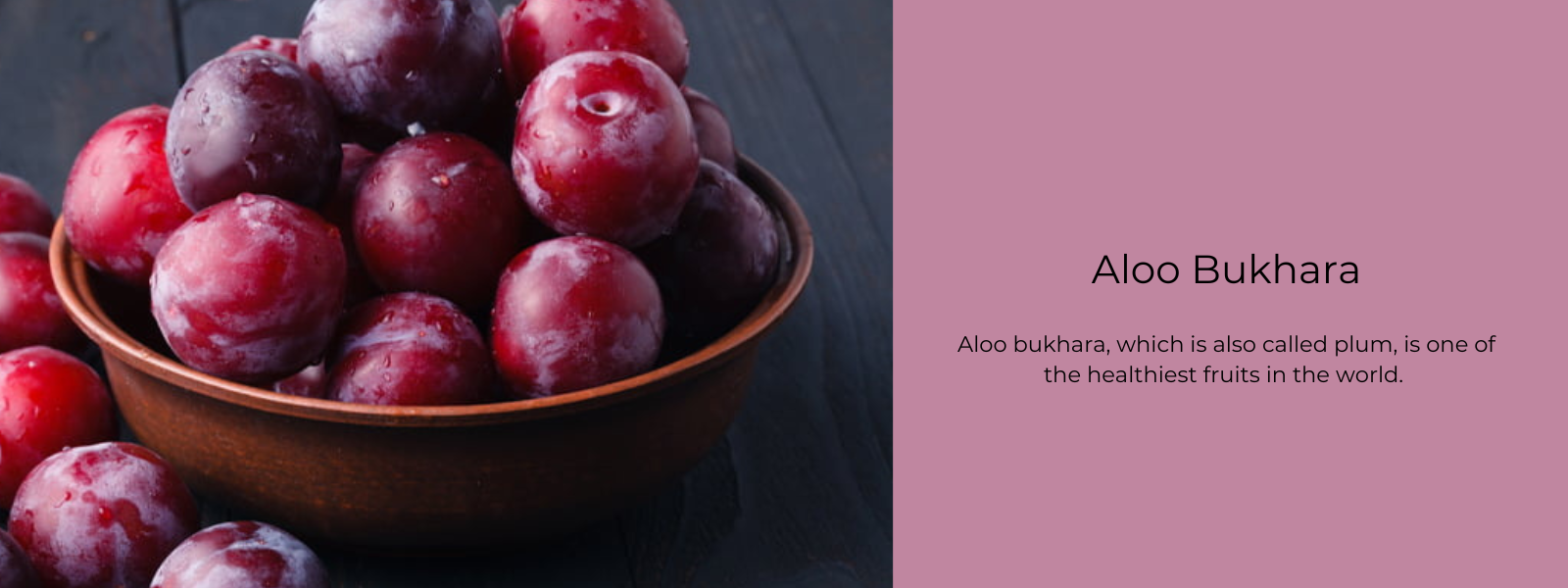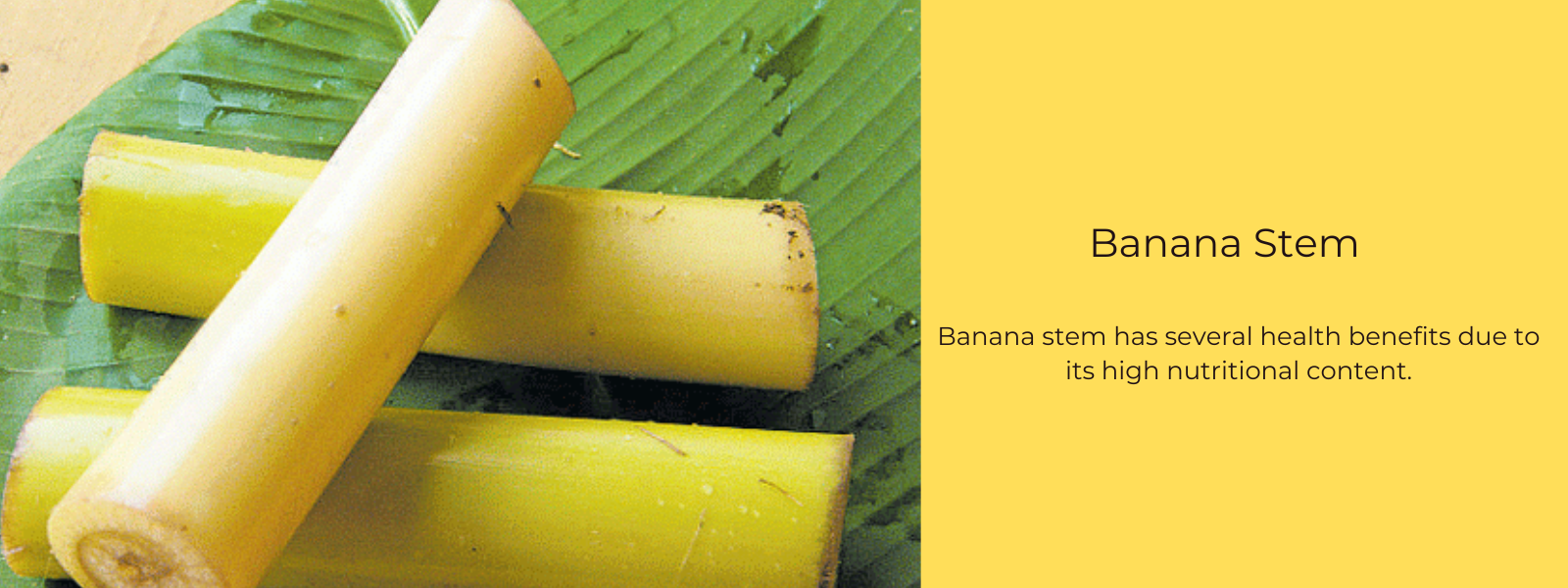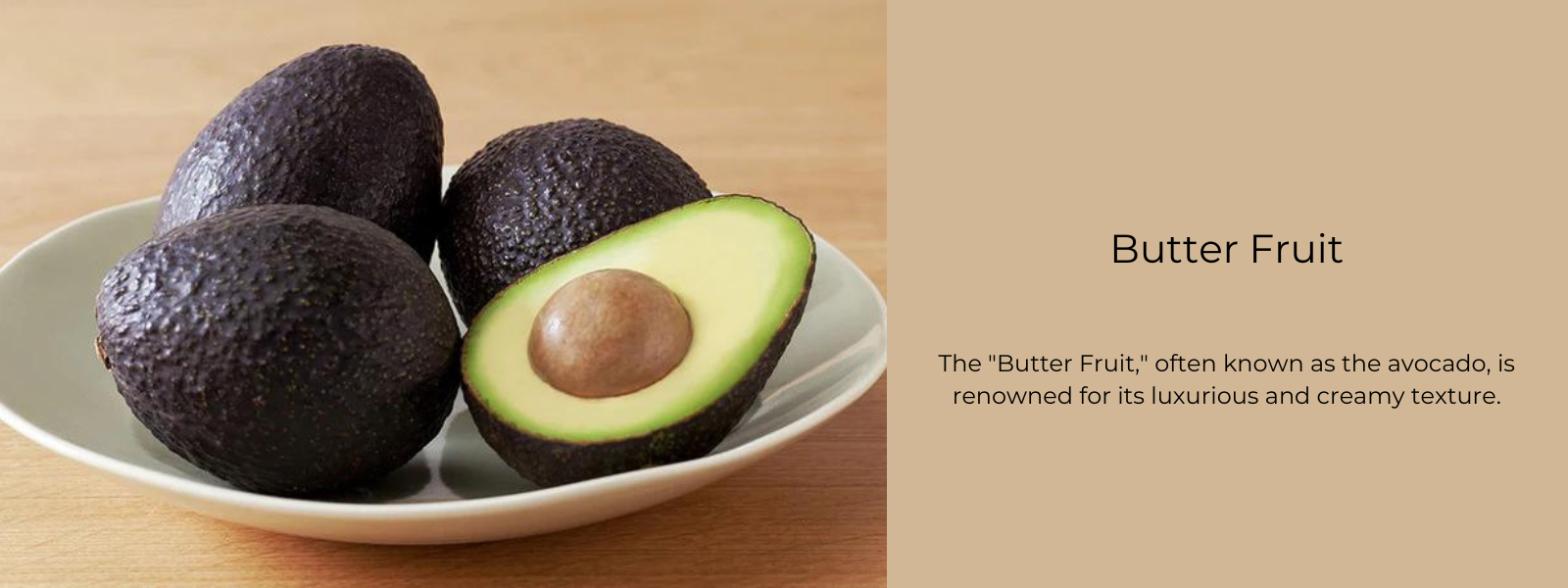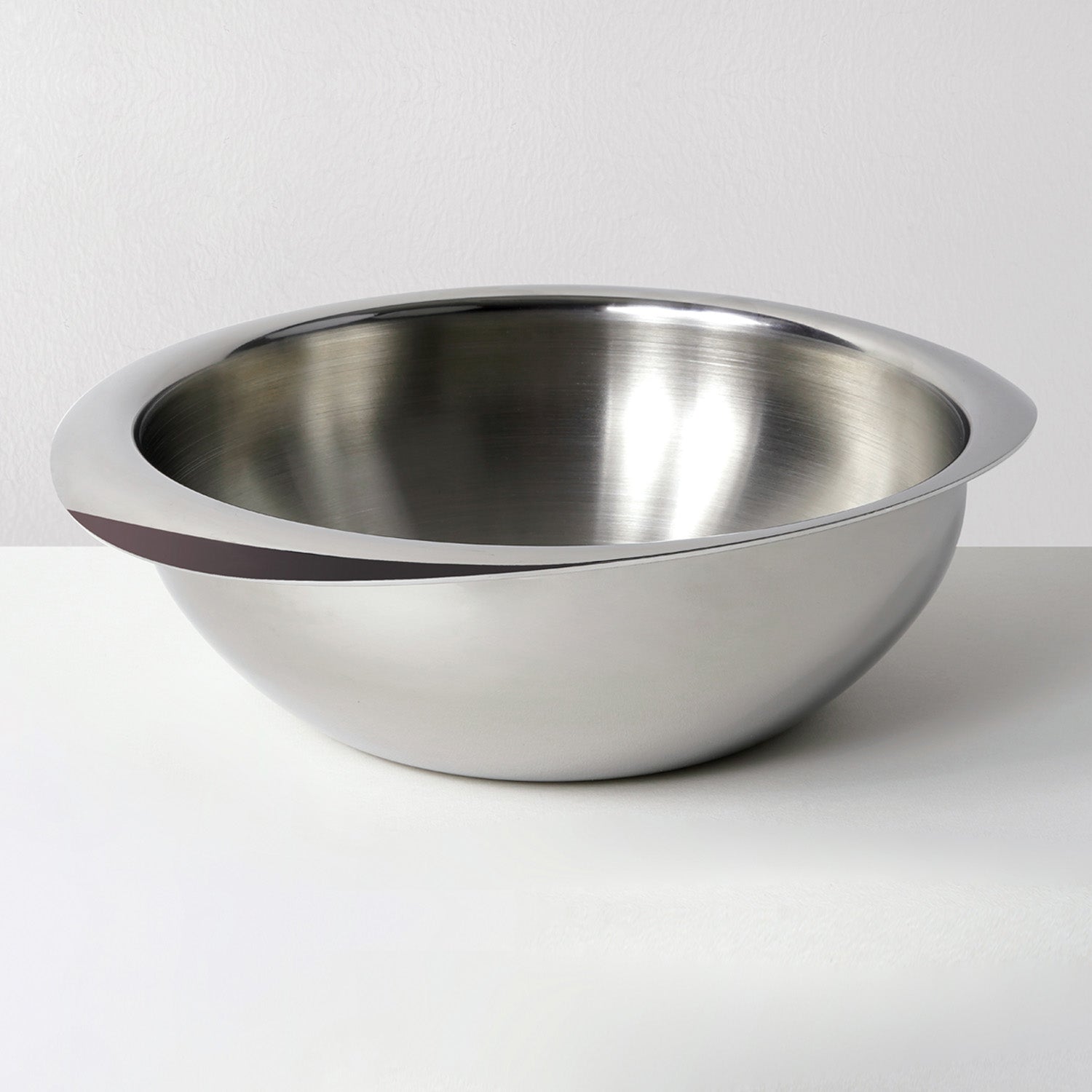Popcorn ranks among the best snack options for both health and popularity. It's rich in beneficial nutrients and has several uses for your body. However, it's often made with excessive levels of fat, sugar, and salt, all of which can lead to overeating. This is why it is crucial to pop your popcorn properly. Its health benefits depend on the method of preparation used.
If prepared in a healthy way, popcorn has widespread health benefits, one of which being that it aids the digestive system. Popcorn is a great source of energy, helps with metabolism, decreases depression, and promotes bone health. Popcorn helps regulate blood sugar, fights tumour cells, curbs appetite, delays ageing, reduces cholesterol, prevents anaemia, and relieves constipation.
Table of Contents
What is popcorn?
Popcorn (also known as popcorns, popped corn, or pop-corn) is a type of corn kernel that expands and puffs up when heated, and the same names are also used to describe the dish that results from this expansion.
The hard, starchy shell endosperm of a popcorn seed is encased within the kernel's sturdy hull, along with 14–20% moisture that evaporates into steam as the kernel is roasted. The steam builds in pressure until the shell bursts, at which point the kernel explodes outward, growing to be 20–50 times its initial size before cooling.
Cultivation of popcorn:
Domestication of maize began in Mexico more than nine thousand years ago, and it remains one of the most widely grown vegetables worldwide. Archaeological sites dating back to 3600 B.C. in Mexico have yielded evidence of people eating popcorn as a snack, and there are unverified stories that Squanto personally taught European settlers how to popcorn during the development of North America.
Popcorn's rise to fame in the United States may have begun in the Great Lakes, where many Iroquois had already established a permanent presence. Records from the mid-1800s identify popcorn as a favourite family treat, and the first credible references to "popped corn" date back to around 1820.
Candy store proprietor Charles Cretors is credited with giving popcorn another popularity boost in the 1890s. He invented the first commercial-grade popcorn popper as a means of better roasting nuts in bulk for sale at his business and later showcased it in a horse-and-buggy-themed design. The use of popcorn in cinemas became commonplace in the early 20th century.
Nutritional value of popcorn:
Popcorn, which is made from whole grains, is an excellent source of many vital nutrients. There are 387 calories in 100 grammes of air-popped popcorn; 78 grammes of carbohydrates; 5 grammes of fat; 15 grammes of fibre; 7 percent vitamin B1 (thiamine); 12 percent vitamin B3 (niacin); 8 percent vitamin B6; 18 percent iron; 36 percent magnesium; 36 percent phosphorus; 9 percent potassium; 21 percent zinc; 13 percent copper; and 56 percent manganese.
Health benefits of popcorn:
Popcorn is good for your gut
Popcorn is beneficial to the digestive system because it is rich in dietary fibre, which promotes regular bowel movements, keeps you feeling full all day long, is essential for a healthy heart, and may offer some protection against colon cancer. Popcorn's high fibre content may aid digestion and the immune system by encouraging the growth of beneficial bacteria in the stomach.
Antioxidant Value of Popcorn
Carotenoids like lutein and zeaxanthin can be found in plenty in yellow popcorn, and these antioxidants do more than just protect eyesight and maybe stave off age-related macular degeneration; they also fight systemic inflammation, which is thought to be at the root of many chronic diseases.
Popcorn improves metabolic rate and supplies energy
Vitamin B3 and B6 as well as folate and pantothenic acid can be found in abundance in popcorn. Vitamin B is crucial for controlling functions throughout the body. Two such processes are the synthesis of energy and the breakdown of nutrients.
Popcorn alleviates depression
Popcorn is a "comfort food" in the literal sense due to the presence of vitamin B3, commonly known as niacin, which has been examined for its ability to help naturally reduce depression.
Popcorn lowers glucose levels
Fibre in the diet can also affect how the body processes sugar. When there is enough fibre in the diet, the body is better able to control blood sugar and insulin levels than when there isn't enough fibre.
Consuming popcorn on a regular basis is highly advised for diabetics since it helps control blood sugar levels and prevents dangerous spikes and dips.
Popcorn prevents cancer
Ferulic acid, which is found in popcorn, may be able to kill off some types of tumour cells. Therefore, popcorn aids in cancer treatment as well.
Popcorn can help you feel fuller for longer
Organic popcorn is an excellent substitute to other less-healthy snacks, and its high fibre content may help prevent cravings for less-healthy foods.
Popcorn promotes strong bones and teeth
Phosphorus, which is found in popcorn, is an essential mineral for the proper functioning of bones and teeth, among other cell types. Popcorn also contains the bone-healthy mineral manganese.
Popcorn is an anti-aging food
Popcorn prevents the ageing process. Free radicals cause far more harm than cancer does. Wrinkles, age spots, osteoporosis, macular degeneration, blindness, cognitive decline, muscle weakness, Alzheimer's, dementia, hair loss, and many more are all things that become more noticeable as we age and have been connected to them. Popcorn's high levels of antioxidants protect against the ageing effects of free radicals, allowing you to feel young at heart well into your golden years.
Popcorn has cholesterol-lowering effects
Popcorn reduces cholesterol levels and the risk of harmful cardiovascular conditions like heart attacks, atherosclerosis, and strokes because whole grains contain the type of fibre that helps remove excess cholesterol from the walls of blood vessels and arteries. Eating popcorn lessens the load on the cardiovascular system since the heart does not have to pump as hard to circulate blood through narrowed arteries.
How to prepare popcorn?
Popcorn is a popular snack around the world because of its low calorie count and high nutrient density. It only takes a few minutes to whip these up once you have the directions. All of these-
- Oil a cup of corn kernels and salt to taste are the primary components.
- When the oil is hot enough, add the corn kernels and immediately cover the pan.
- Remove the pan from the stove after a set amount of time and give it a light shake.
- When the popping slows, remove the lid and season to taste with salt.
- When you're done, pour the popcorn into a large bowl and dig in!










Leave a comment